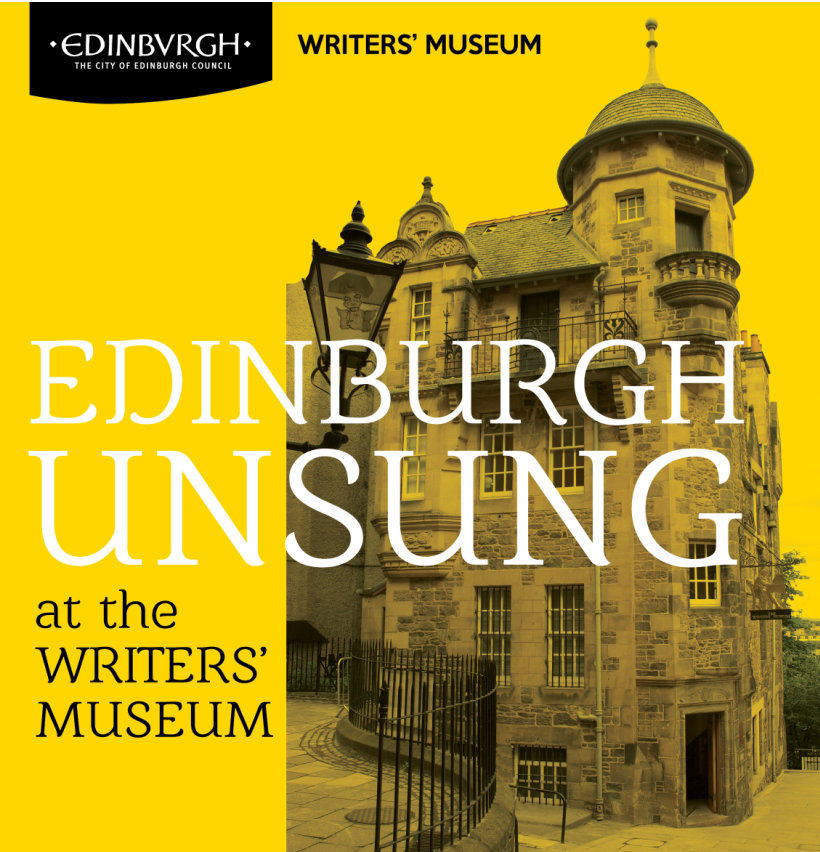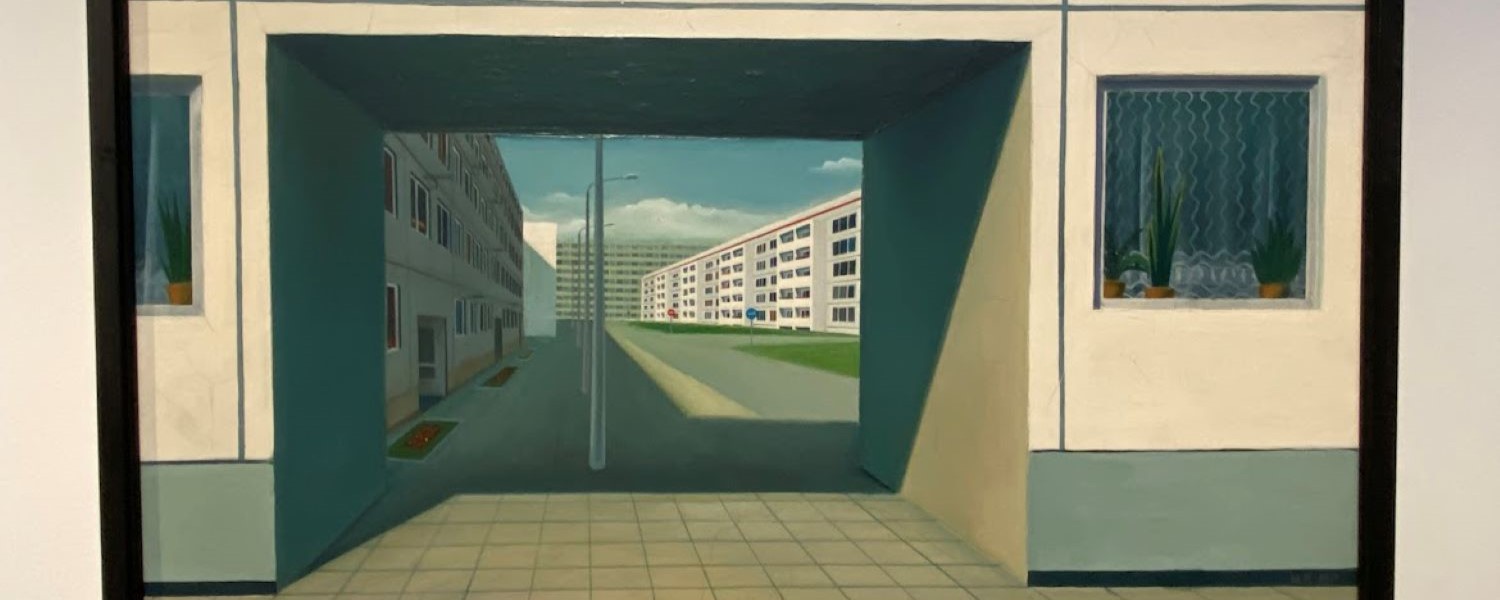
If you think poetry is a load of old rubbish, you might find some agreement in the unlikeliest quarters. Poets themselves have been finding inspiration from the items we discard, and from the people who make a living clearing up our trash.
In October, John Wedgewood Clarke published a book of poetry called Landfill, the result of a year-long residency at two Yorkshire rubbish sites. The collection explores what John calls the “hideous beauty” of places that most of us would rarely describe as poetic.
The residency had a profound experience on the poet. Appearing on BBC Radio 4’s Today programme, John described the experience of making his way through the landscape of trash as akin to walking on the moon. And he found that landfill sites have their own seasons, with a blossoming of fairy lights just after Christmas and an upsurge in lawnmowers in the spring. In autumn the dump was littered with pumpkins and glow-sticks.
The collection features poems both about rubbish itself and its effects. Newsprint turns the writer’s skin grey, and he finds himself wandering through a “palace of glistering cans”.
A rubbish dump is also a repository for stories. One of the site workers told John about poignant finds such as discarded war medals and photograph albums.
In recent years, there have been greater efforts to divert more and more of our waste away from landfill. Many of us are recycling waste products, and the idea of a circular economy is becoming a reality.
In spite of these efforts, John’s rubbish residency is a reminder of the sheer scale of landfill, and of its enduring nature. As he told the Yorkshire Post: “our waste doesn’t disappear, it is simply on its way to becoming geology.”
Unsung heroes
In Edinburgh, the city’s Makar, Christine de Luca, has also found poetic inspiration from an unlikely source. A visit to the Seafield Waste Water Treatment Works resulted in a poem called Gardyloo which describes a space-station of engines, pipework and pumps that transform effluent into a purified stream which flows with “the speed and sparkle of a Highland burn in spate.”
Later, Christine persuaded a selection of poets to celebrate other Edinburgh workers whose service for the city largely goes unnoticed or unappreciated. The result was a collection of poems called Edinburgh Unsung, now freely available on Edinburgh City Council’s website.
The subjects are varied, from chimney sweeps and environmental wardens to facilities managers at the Scottish Parliament and book dusters at the National Library of Scotland. Christine herself, more used to writing in praise of the great and the good, such as Robert Louis Stevenson and James Clerk Maxwell, contributed a poem celebrating Edinburgh’s refuse collectors. It describes their daily routine of waste collection and disposal as a kind of dance, with its own repertoire, rhythm and precision.
A strange beauty
Percy Shelley described poetry as “a mirror which makes beautiful that which is distorted”. Many would have thought it impossible to equate the workings of a waste water treatment plant with something beautiful. But, as Christine de Luca, John Wedgewood Clarke and many other poets have demonstrated, there is a strange beauty in the features and functions of the everyday. And if these poets can – even for a moment – shine a light on the people working to make our lives better, then that’s kind of beautiful too.
If you enjoyed this post, you may also find another poetry-related blog post of interest:
Moving stories: how poetry is carrying the message about mobility challenges facing older people
Share
Related Posts
Supporting residents on the decarbonisation journey: leveraging data for effective retrofit projects
As the drive towards decarbonisation intensifies, the social housing sector’s ability to collect, store and manage vast amounts of data becomes increasingly critical. With a shared goal of creating warmer, carbon-free homes, housing associations’ strategic use of data is essential ....
The recent spikes in energy costs have thrown into sharp focus the challenge of heating our homes. Domestic heating is important, not just for our comfort and wellbeing, but to reduce humidity and prevent condensation. But because traditional heating systems ....
By Ian Babelon A new-old concept for proximity “Are we there yet?” Parents may patiently nod to their children’s insistent nudges on a 20-minute journey to… somewhere. Quite rightly, researchers have asked: twenty minutes to what? The answer may well ....

